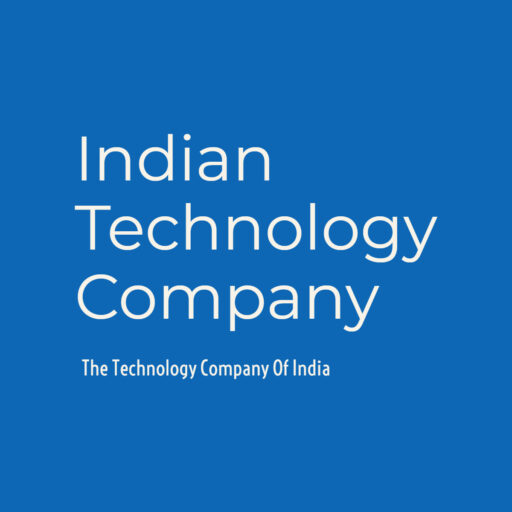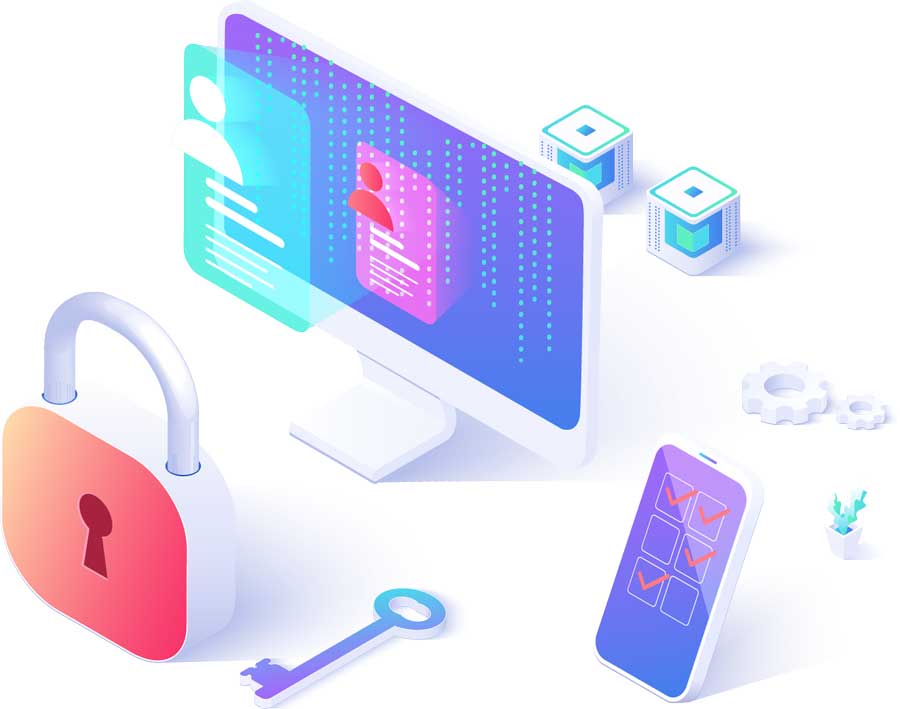Why HRMS is Important
Centralized Employee Data: HRMS provides a centralized database for storing and managing employee data, including personal information, employment history, skills, performance reviews, and more. Having a single source of truth for employee information ensures accuracy, eliminates duplicate records, and simplifies data management.
Streamlined HR Processes: HRMS automates and streamlines various HR processes, such as employee onboarding, leave management, attendance tracking, performance evaluations, training and development, and offboarding. This saves time and effort for HR professionals, reduces administrative tasks, and allows them to focus on strategic initiatives.
Improved Efficiency and Productivity: By automating manual HR processes, HRMS improves efficiency and productivity across the organization. It reduces paperwork, eliminates repetitive tasks, and enables self-service functionalities, such as employee self-service portals, where employees can access and update their information, apply for leave, view pay stubs, and more. This empowers employees and reduces the administrative burden on HR staff.
Enhanced Data Analytics: HRMS provides robust reporting and analytics capabilities, allowing HR professionals to generate insights and make data-driven decisions. They can analyze employee performance, track trends, identify skills gaps, and monitor key HR metrics. These insights help in strategic workforce planning, succession planning, identifying training needs, and improving overall organizational performance.
Compliance and Legal Requirements: HRMS helps organizations ensure compliance with labor laws, regulations, and company policies. It can automate the tracking of employee records, certifications, licenses, and training, ensuring that employees meet legal requirements. Additionally, HRMS can generate reports and documentation needed for audits, government reporting, and compliance purposes.
Effective Talent Management: HRMS facilitates effective talent management by providing tools for recruitment, applicant tracking, and performance management. It helps streamline the hiring process, track candidate information, and evaluate performance objectively. With HRMS, organizations can identify and nurture top talent, create development plans, and align individual goals with organizational objectives.
Data Security and Confidentiality: HRMS ensures the security and confidentiality of employee data. It provides access controls and permissions, ensuring that sensitive information is only accessible to authorized personnel. Regular backups and disaster recovery measures safeguard data from loss or unauthorized access.
Overall, HRMS plays a crucial role in managing human resources efficiently, improving organizational effectiveness, and enabling strategic decision-making in relation to workforce management and development.



